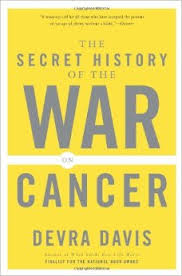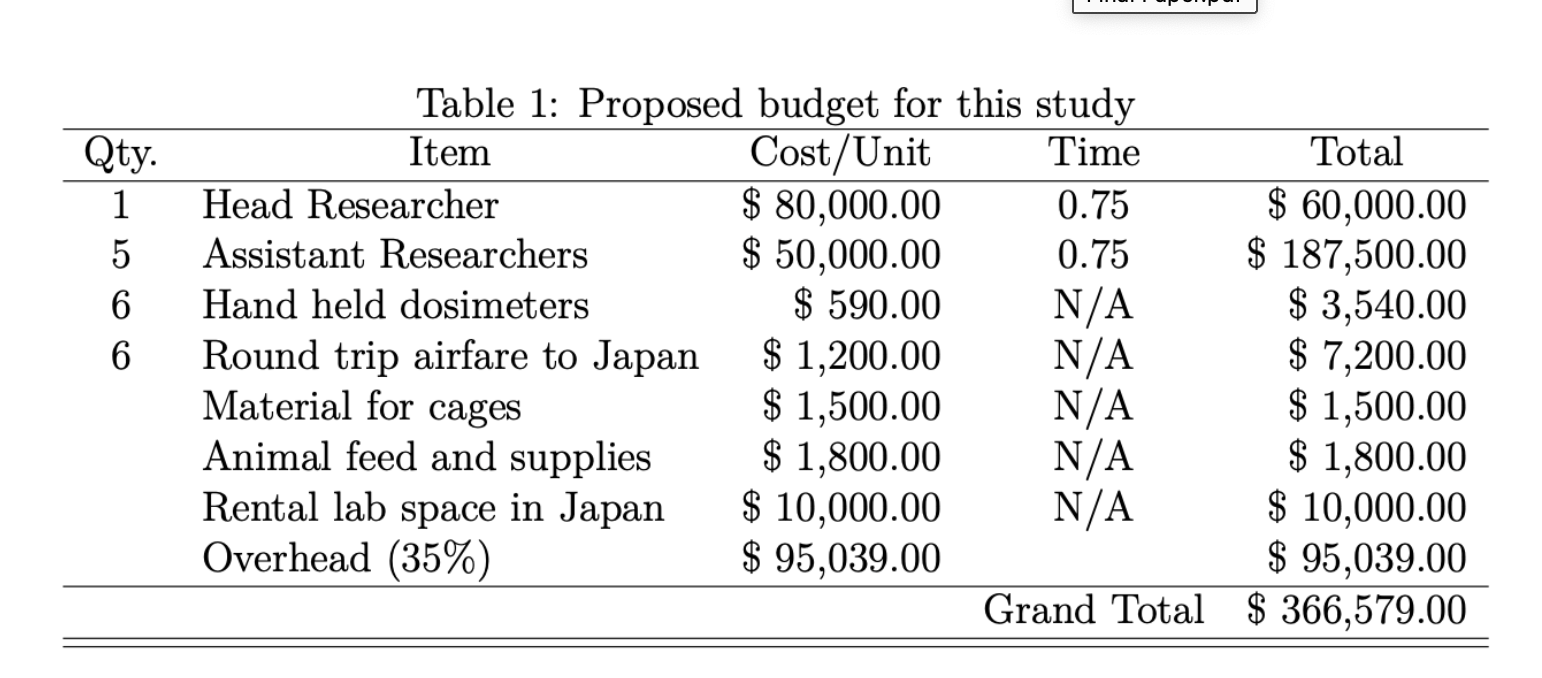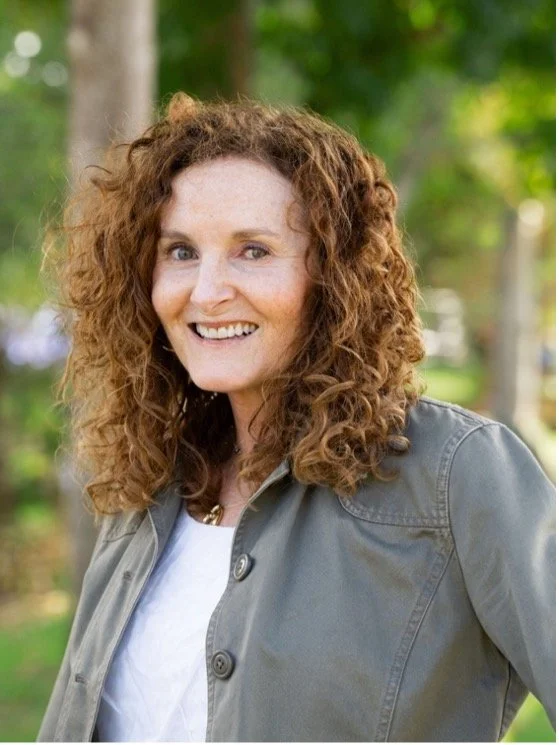 Devra Davis’s book was so devastating in its indictment of the chemical and tobacco industries that I had to take it in small bites, to prevent the bile of it overwhelming me: not Davis’s bile, mind you, but the bitter pill of industrial and governmental complicity in the illness and deaths of millions. Of course, not everyone would take it so personally. The systematic refusal to acknowledge the real causes of the cancer epidemic cost me my darling Katherine. It was like reading the detailed confessions and court transcripts of her murderers. It was that, in fact. To say that these industries do not have my daughter’s blood on their hands, and the blood of uncounted innocents, would be merely specious.
Devra Davis’s book was so devastating in its indictment of the chemical and tobacco industries that I had to take it in small bites, to prevent the bile of it overwhelming me: not Davis’s bile, mind you, but the bitter pill of industrial and governmental complicity in the illness and deaths of millions. Of course, not everyone would take it so personally. The systematic refusal to acknowledge the real causes of the cancer epidemic cost me my darling Katherine. It was like reading the detailed confessions and court transcripts of her murderers. It was that, in fact. To say that these industries do not have my daughter’s blood on their hands, and the blood of uncounted innocents, would be merely specious.
With experience as Senior Advisor to the Assistant Secretary for Health in the Department of Health and Human Services and authorship of nearly 200 books and articles, only a few people would have been as well poised as Davis to reveal the truth of this War on Cancer: that from the beginning, even those supposedly on our side, like the American Cancer Society and the National Cancer Institute, were complicit in the toxic war waged against us by the chemical and tobacco industries. Davis describes the systematic cultivation of a climate of doubt about scientific evidence, and a terrible hardening of assumptions about the evidence required to show that a chemical is harmful and subject to ban. She was there for much of the assault on public safety: “I watched the maturing of the science of doubt promotion – the concerted and well-funded effort to identify, magnify and exaggerate doubts about what we could say that we know as a way of delaying actions to change the way the world operates” (15-16). The callousness with which companies whose chemicals were implicated delayed protections by calling for more research is stunning: “From the very first reports that vinyl chloride could dissolve the finger bones of workers, cause cancer in animals and deform babies, the industry had a simple response: more research is needed. Let’s keep studying whether there really is a problem, while releasing enough information that people would feel assured the problem if it exists is trivial” (393).
This is a war in which the casualties have been legion: “I believe that if we had acted on what has long been known about the industrial and environmental causes of cancer when this war first began, at least a million and a half lives could have been spared, a huge casualty rate that those who have managed the war on cancer must answer for. This book explains how I have come to that reckoning” (22). Davis supports her claims, uncovering damning evidence from many different quarters. In some cases, she brought forth personal communications, in others, documents that show that scientists knew virtually everything about the link between cancer and smoking, radiation, and workplace exposures by 1938. But these findings did not see the light of day because of the many tobacco and chemical company executives in places of power, on the board of the American Cancer Society, for instance. Instead, all energies in the War on Cancer were diverted to treating the cases created by those industries. Davis describes the legal toxic onslaught against people everywhere in the United States, in chapters ranging from cigarettes to chemicals to cell phones.
Davis shows how all of us face a barrage of toxic exposures from a variety of sources, most of which we do not even think about. And not thinking about it is definitely part of the problem:
It is not simply that cancer is one of the diseases that afflicts the survivors of these polluted towns or those along China’s poisoned rivers in disproportionate numbers. What afflicts them more is that the very place they lived in – the air they breathed, the ground they walked on – was toxic. The real failure of the Superfund law, like the failure of the war on cancer, has only a little to do with bloated bureaucracies or scheming lobbyists or unfortunate yokels with trucks full of the wrong stuff. Ultimately, it’s a failure to look clearly at what’s right in front of our faces.
Davis’s book may be hard to stomach – because it looks at what’s right in front of our faces – but the effort is salutary, honest, and important to changing the world for the better. Her book is a call for action. She is frank about the barriers to truth-telling. She says in an afterward that her “own freedom to talk about avoidable cancer risks may suffer as well.” She names researchers who were fired or threatened with firing because their research impugned the chemical industry. Research funds were routinely withdrawn when results did not correspond with industry desires. Davis reveals how the secret war she refers to in her title was never as secret as she had thought: “Tobacco money paid for some of the best science in the world, yielding thousands of papers and years of delays in dealing with this important cause of poor health” (478). It is counter-intuitive but true that more science in this case resulted in worse health, not better, because of these deliberate, self-interested delays.
Despite the brutality of the subject matter, Secret History is very readable, and no doubt for someone with less at stake in the matter, would seem like a well-written mystery novel, or a true crime narration, more like. On the other hand, how many of us have less at stake in the causes of cancer when half of all men and a third of all women will develop the disease in their lifetimes? This is not the kind of book to bore readers, despite informing them and arming them against the duplicitous techniques of our industrial overlords. I recommend it above any other book I have read recently. Davis's work may give more people the courage to stand up and say that it is not too much to ask that evil corporations – and I’m sorry, but no other word is sufficient – be prevented from polluting our bodies without our knowledge or permission. It is not too much to ask. Environmental Injustice is too pale a term when one person is indirectly and legally killing another, in our case, a beloved child. Other individuals’ economic interests should not come at the expense of dead loved ones, or our own diseased bodies. A clean environment should be a human right – in the United States and everywhere.
Reference
Davis, D. (2009). The secret history of the war on cancer. New York: Basic Books.











